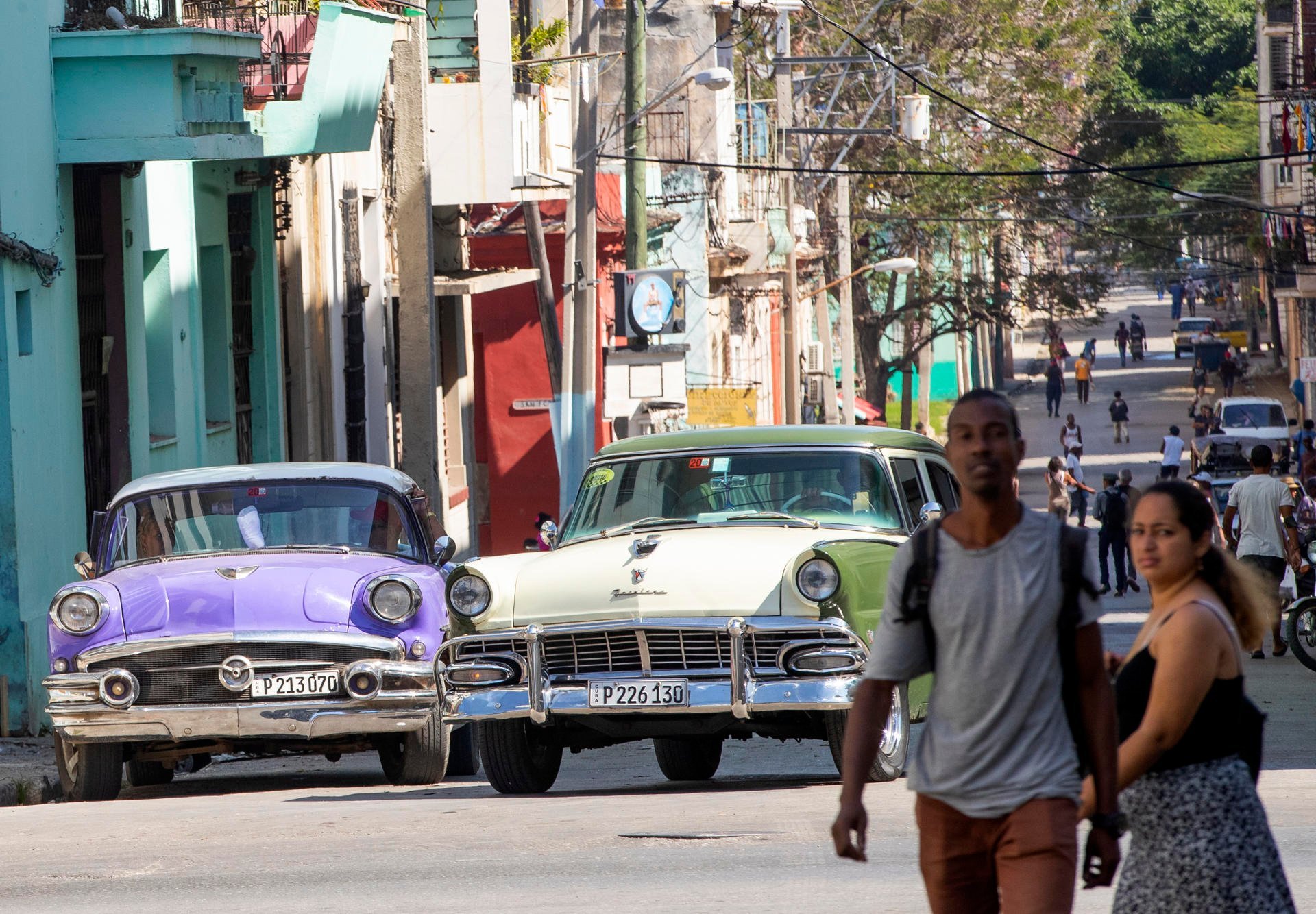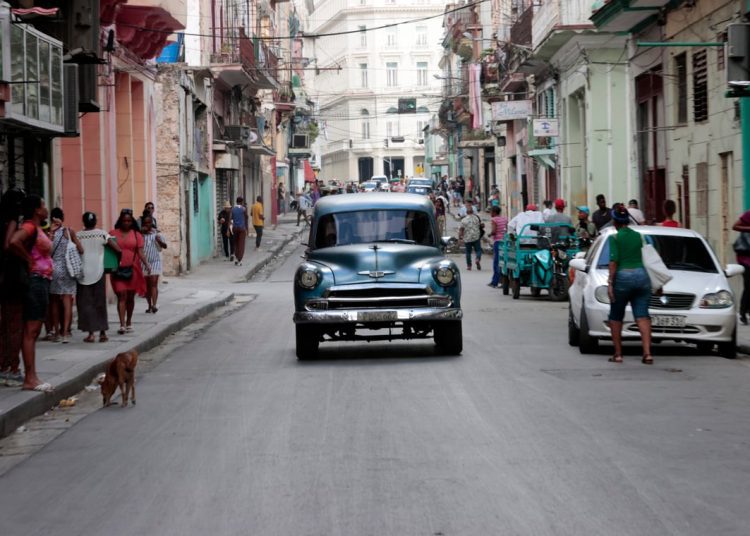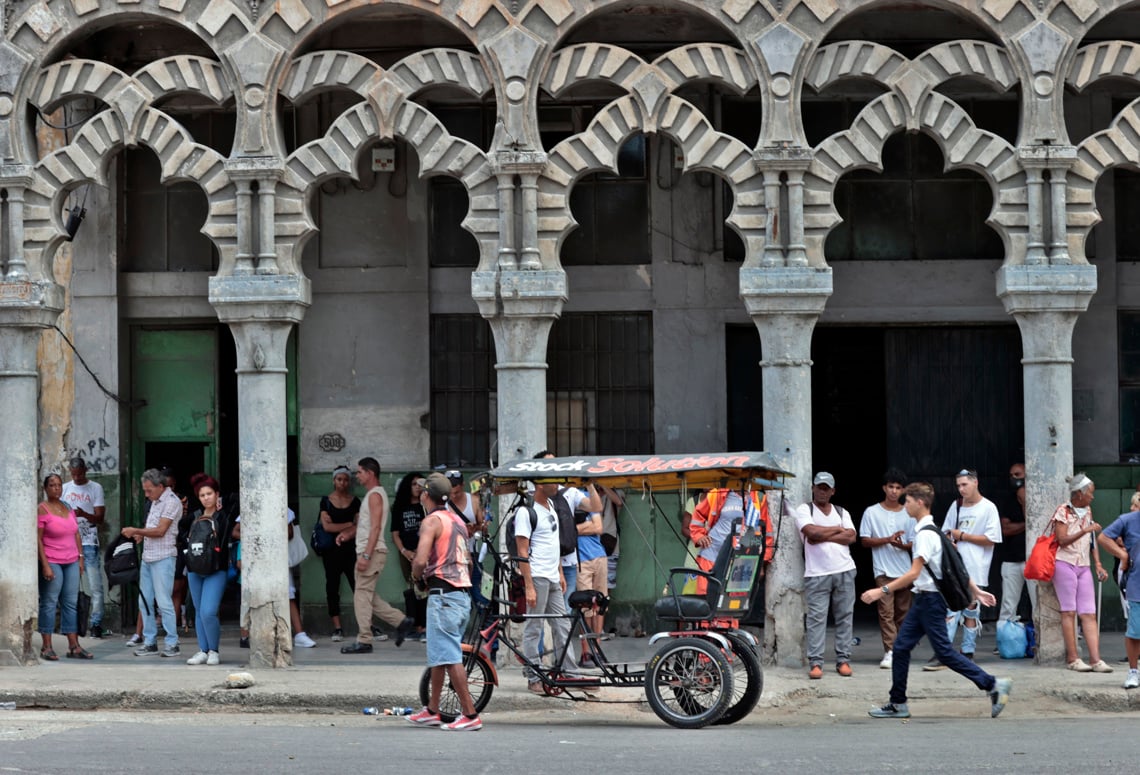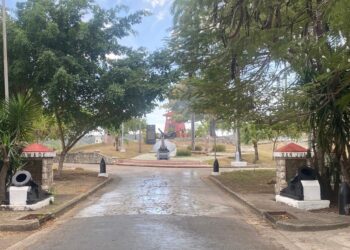Since April 10, 2019, more than four years ago, the Republic of Cuba is a socialist State of Law, as established in Article 1 of the Constitution. As is evident, such a proclamation is not enough to make it so, much more so after decades of staunch rejection of the expression considered a bourgeois tall tale.
Therefore, the first question to answer would be whether the Constitution effectively makes available to Cuban citizens the institutional tools to make the promise contained in the first article of the Magna Carta a reality.
An examination of the articles of the Constitution shows that, in principle, the provisions of articles First (the rule of law), Third (people’s sovereignty), Seventh (the higher regulatory hierarchy of the Constitution), Ninth (the obligation of all to strictly comply with the law), and Tenth (the obligation of State bodies, their executives, officials and employees to submit to popular control), constitute the regulatory central points of the institutionality of the Republic. It is not idle to insist on its special relevance to make a reality the idea of the Rule of Law: the government of laws, not the government of men and women, the true founding motto of ancient republican thought and inspiration for the entire development of modern Law.
Likewise, they are complemented by the provisions contained in Title V: Rights, duties and guarantees, the complete catalog of human rights (probably the greatest advance of the Constitution compared to its predecessor), together with articles 98 and 99, which represent a complete novelty in Cuban institutions after the Revolution, by empowering for the first time Cuban citizens to resort to the courts to claim (art. 98) the corresponding reparation or compensation for the damage or harm caused by executives, officials or employees of the State, as well as to claim (art. 99) the restitution of the constitutional right violated by bodies, executives, officials or employees of the State.
The precepts that qualify a constitution as such, the absolutely fundamental ones, since the Declaration of the Rights of Man and the Citizen of the French Revolution, are precisely those mentioned. Without them we cannot even speak, strictly speaking, of the Constitution. Without advancing in its practical implementation, talking about the Rule of Law is an entelechy.
The underlying issue in Cuba is that for decades the degree to which it served the interest of the Revolution was used as a standard of legitimacy for every political decision (formulated as a legal regulation), in each case presupposed in the decision of the authority, above any legal regulation and especially of conformity with the constitutional text, which never acquired the status of a directly applicable legal regulation or a criterion of the validity of the legal system.
As long as such practice prevails when deciding the legitimacy of any political, legal or administrative decision, it will be superfluous to speak of constitutional hierarchy or direct regulations of the Constitution.
In this sense, the introduction in Cuba of an institution such as the Ombudsman’s Office is more pertinent than ever. The Cuban legal order urgently requires it, especially if we take into account, on the one hand, the expansion of the catalog of rights contained in the Constitution (particularly in terms of individual rights and guarantees) and, on the other, that the Law of Constitutional Protection, which develops the content of art. 99 of the Magna Carta, restricts its scope by preventing protection from being requested against laws or judicial rulings that affect human rights. Precisely in these cases, although not limited to them, the action of an Ombudsman could be effective.
It is an (almost) universal legal institution, inherited from the Scandinavian Ombudsman, which, in turn, comes from a tradition of protecting the rights of poor people, indigenous people and other types of populations; as well as the tradition of the defender of citizens that existed in the Roman Empire, but also from the beginning of the Republic, with the Tribune of the Plebs.
Today, under various names in different countries, it represents one of the greatest guarantees for citizens against any arbitrary act that violates, ignores, or limits the exercise of their rights. Its name and functions come from the Constitution of Sweden, which established this figure in 1809 to provide an immediate response to citizens in the face of abuses that are difficult to resolve through administrative or judicial means.
The democratic legitimacy of the Ombudsman is unquestionable, since in all cases it comes from the parliamentary election, with a qualified majority and after public debate on the person and experience of the candidate. However, it is independent of both parliament and government.
It has been pointed out by some human rights experts that the effectiveness of the figure is limited by its inability to coercively impose its decisions on the authorities concerned, as courts and tribunals can do. Its ability to control lies above all in the reasonableness or persuasiveness of its arguments, together with the public and open nature of its actions, which is why it acquires a more political than judicial character. This is why it has been called the “magistracy of persuasion,” due to its effectiveness devoid of the sanctioning or binding power, typical of judicial sentences, of mandatory compliance.
It has been pointed out that such a condition affects its long-term effectiveness and consequently its credibility and trust among citizens. However, the experiences of the institution in many countries over decades confirm that a good part of its recommendations are usually followed by public powers and end up being incorporated into the legislation and policies of the State. In addition, the institution has advantages such as the following:
In the discretionary sphere of public administration, the Ombudsman can go further than the court in evaluating the government and its practices. In addition, it may initiate ex oficio supervision of any case of which it is aware, by its own decision and without any request from a party. Processing a claim is free, unlike in court, where parties must pay court fees.
The complaint to the Ombudsman, on the other hand, does not require a lawyer as legal representative, which implies less expenses. There are also no formalities for processing it, which is a huge difference compared to taking a case to court.
The Ombudsman is much more accessible than the courts of law and, in a Human Rights context, accessibility is probably the crucial factor.
The Ombudsman has developed in a particular way on the American continent, following the Spanish model. The Constitutions of Venezuela (1999), Ecuador (2008) and Bolivia (2009) have considerably reinforced the powers and attributions of the respective Ombudsmen’s Offices.
For example, in the promotion, defense and monitoring of constitutional rights and guarantees, for which it enjoys immunity and is governed by the principles of free, accessibility, speed, informality and ex officio impulse. The institution has a legislative initiative and the possibility of filing actions for unconstitutionality, protection, habeas corpus, habeas data, etc.
Furthermore, in Ecuador and Bolivia, it can issue mandatory compliance measures on Human Rights and request sanctions for non-compliance with these measures; investigate and resolve actions and omissions related to Human Rights; monitor and promote due process; as well as immediately prevent torture and cruel, inhuman and degrading treatment.
Cuba is one of the few countries in Latin America that does not have an institution specialized in the protection of Human Rights; an institution whose essential function is to provide assistance, advice and legal representation to individuals or legal entities for the violation of their constitutional rights.
The Attorney General’s Office of the Republic has as one of its missions the protection of citizen rights in Cuba, but this is not its only function and some of the others are contradictory with the defense of rights, as is the case of the personification of the state criminal action, that is, representing the State in the exercise of the accusation in all criminal proceedings before the courts.
Since 1994, with the article “El Ombudsman cubano: una propuesta” (The Cuban Ombudsman: a proposal), the topic started being debated in academic forums and events of jurists in our country. A few years ago, Julio César Guanche and Julio A. Fernández Estrada, with well-founded arguments, have proposed the figure of the Tribune of the People (inspired by the Tribunate of the Plebs of the Roman Republic and the ombudsman of the people of the new Latin American constitutionalism), which should be governed by the principles of collegiality, temporality, popular revocability and the binding nature of its decisions.
The adoption of this institution could contribute greatly to the protection of rights to due process, to defense in court, to the physical integrity of those detained and deprived of freedom… due, above all, to the fact that its action, unlike from other institutions, has very valuable instruments such as informality in its actions, the powers of investigation and personal contact with the accused and its possibilities of acting procedurally before justice.

The fact that an ombudsman can enter a penitentiary establishment and verify first-hand the state of physical and mental health of a detainee, or of all detainees, accredits the relevance of this institution to protect the rights of prisoners. In Cuba, it is an issue that cannot be postponed, given the recent entry into force of a Penal Code of a markedly punitive and repressive nature, which in fact seems to have been designed to restrict the wide margins of exercise of human rights recognized by the Constitution.
Socialism, death penalty and criminal punitiveness: notes on the Penal Code
On the other hand, given the lack of culture regarding human rights and their legal guarantees (as proven by the delay in the constitutional recognition of habeas corpus, as well as the resistance to establishing judicial mechanisms for claiming violations of citizens’ rights, both only recognized with the 2019 Constitution), an institution like the Ombudsman would be of enormous importance. Not only because of its direct effectiveness but also symbolically, as a powerful resource to promote a culture of observance and respect for human rights in the different State agencies and their officials, little accustomed to taking these matters into account until very recently.
It would undoubtedly be an important advance, although clearly not the only one, on the steep path to making the promise of the Constitution a reality: a socialist State of Law.
The main obstacles to the implementation of this institution in the Cuban legal order are not of a technical nature, but of a political nature. The authoritarian and centralist legacy that the country has been carrying for centuries, aggravated by the model of bureaucratic socialism imported from the USSR and Eastern Europe, means that state power views, at the very least, with suspicion any institution designed to control and limit its exercise, as demonstrated by the late constitutional recognition of the rule of law.
In these circumstances, a great role will be played by the incessant dissemination and relentless demand for compliance with the Magna Carta by jurists, civil society organizations (another suspicious concept for power) and citizens, who must uphold their Constitution as the sword and shield of the Republic, a res publica in the rule of law, that ideal that we continue to strive to achieve.











